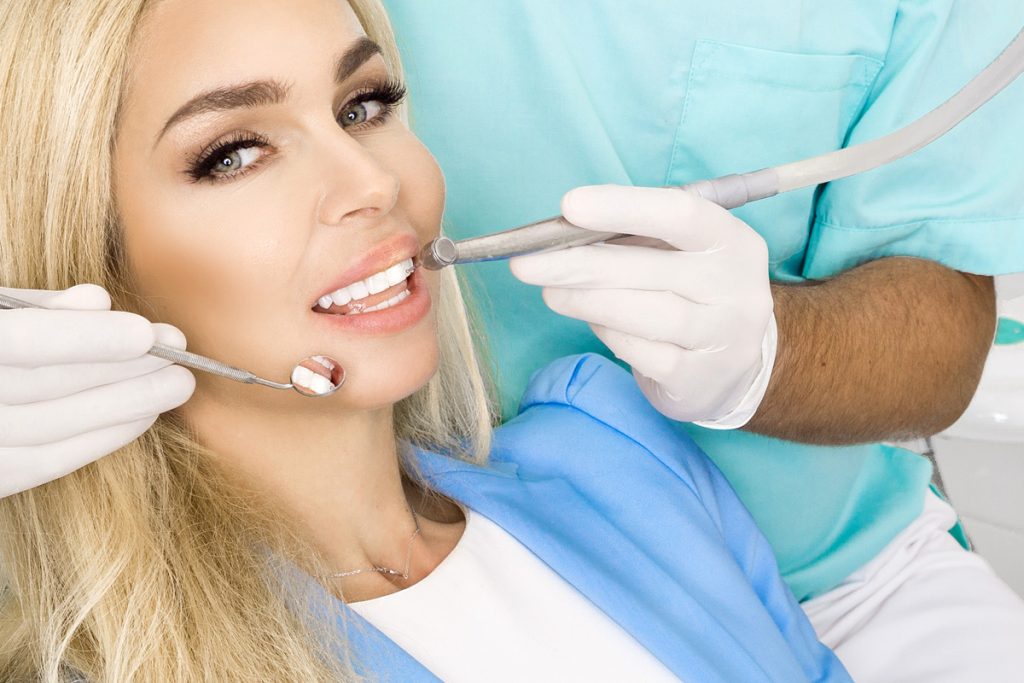Oral surgery almost always involves a certain level of pain. Fortunately, there are local anesthetics or sedation options to help make the experience more comfortable and relatively pain-free. Nevertheless, recovering from oral surgery, particularly wisdom tooth extraction or surgery, can involve a lot of pain and discomfort after the anesthetics wear off.
It can take as much as two weeks to fully recover from mild to moderate types of oral surgery. During this period, you may experience swelling, bruising, pain, stiffness, and an unpleasant taste in your mouth. But even with one or more of these symptoms, it is generally safe to go back to work one or two days after the procedure. However, you need to find ways to manage your symptoms to avoid getting distracted while working.
Here are some tips on how to manage oral surgery recovery at work:
1. Inform your employer
For mild to moderate oral surgery procedures, it’s best to take one or two days off from work to recuperate. This is why scheduling your surgery on a Friday is recommended so that you have the whole weekend to heal without worrying about missing work. If you have to leave work early on Friday to go to the dentist, inform your supervisor at least two weeks in advance. Better yet, use one of your leaves to clear up that day entirely.
On the other hand, if you can’t schedule your surgery on a Friday, inform your employer ahead of time that you will be taking one or two days off to recuperate. For more complex procedures, however, you may need to take at least a week off, especially if your job is unsafe to do while distracted by symptoms.
2. Bring OTC pain medication

Your dentist will likely recommend over-the-counter pain medication, such as acetaminophen or ibuprofen, to help you manage post-surgery pain. Always have some in your pocket or at your desk to relieve pain as soon as it gets difficult to ignore. However, be sure to pay attention to how much you take and how frequently you take them throughout the day; read the manufacturer’s instructions on dosage and resist the urge to take more than necessary.
3. Use an ice pack
It may look weird if you use an ice pack at work, but it’s better than suffering through the pain for the whole day. Keep a couple of ice packs in your office’s refrigerator for the few days that you are recovering from your surgery. Every time you need pain relief (and if medication isn’t working as well as it should), grab an ice pack and place it against the affected area. You may even want to use a scarf to tie the ice pack against your face so that your hands are free to keep working.
4. Avoid hot drinks
During coffee breaks with your co-workers, opt for iced or room temperature drinks instead of your usual hot coffee. Hot drinks can dislodge the blood clots that have formed over the surgery site, which can slow down the healing process and cause even more pain.
Iced drinks can also help relieve pain, but be sure that you are not triggering your gum sensitivities by drinking beverages that are cold.
5. Pack lunches and snacks

To aid the recovery process post-surgery, it is highly recommended to stick to soft or liquid food. Your dentist will likely give you a list of foods that are safe to eat while recovering from your surgery, which may range from completely liquid to semisolid, depending on the extent of your procedure.
That said, it may be a good idea to pack lunches and snacks for work while recovering from your surgery. If this is already the norm for you, you just have to switch up the type of meals you pack for now. But if you usually get takeout or grab lunch from the office vending machines, it may be high time to start bringing your own meals, at least until after you’re fully recovered–because the food that is available around you may not be ‘safe’ for post-surgery recovery.
For meals, stick to soft or liquid foods like soups, mashed potatoes, scrambled eggs, broths, and applesauce. Snacks, on the other hand, could be smoothies, yogurt, mashed bananas, ice cream, and pudding, among many others.
Recovering from oral surgery is not always an easy feat, especially if you have to report back to work a day or two afterward. With these tips, however, you can keep your recovery on track and, at the same time, prevent your symptoms from getting worse and affecting your performance at work.


